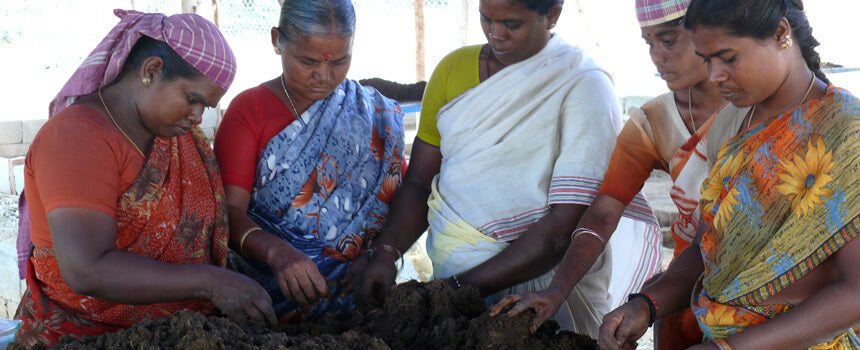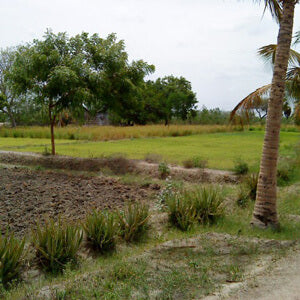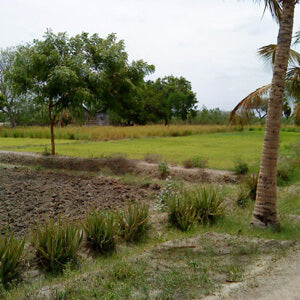Day 19
1.1 m² of contaminated wasteland in India will be recultivated
 Fallow land contaminated with pesticides is made usable again on the basis of organic farming
Fallow land contaminated with pesticides is made usable again on the basis of organic farming


Reclamation of wasteland in India

need
Recultivation of dried-up wasteland, securing the livelihoods of small farmers through diversified organic farming.
activity
Recultivation through natural compost fertilization, conversion of agriculture (diversification, planting of trees, drought-resistant varieties), irrigation
Measurable performance
The target group has started to recultivate and convert their land and training courses have been successfully carried out.
Result
The land has been successfully recultivated organically and biodynamically. Agricultural yields are sufficient to support the family all year round.
Systemically relevant impact
Creating food security and secure income while preserving or restoring biodiversity.
background


The good deed
AboutIndia
New Delhi
Capital city
1 252 139 600
Population
1 627 USD
Gross domestic product
per capita per year
135
Human Development Index
(Human Development Index)
